Troubled Times
History
abolish
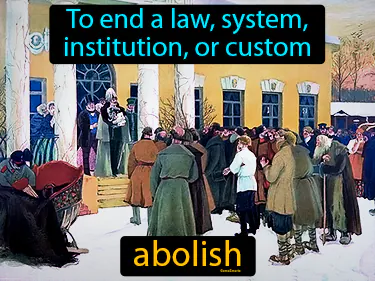
To end a law, system, institution, or custom. Abolish. In History, to abolish means to officially end a practice, like when slavery was abolished in the United States.
Adolf Hitler
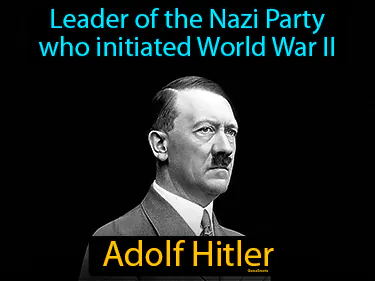
Leader of the Nazi Party who initiated World War II. Adolf Hitler. He was a dictator responsible for the Holocaust and major conflicts during World War II.
alliance
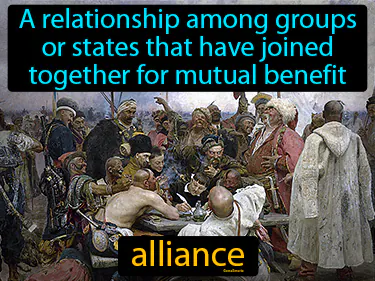
A relationship among groups or states that have joined together for mutual benefit. Alliance. In history, an alliance is an agreement between countries to support each other, often in times of war or conflict.
Allies WWI

Originally the coalition of France, the United Kingdom and Russia in WWI. Allies WWI. In simple terms, the Allies in WWI were countries that worked together against Germany and its partners.
Allies WWII
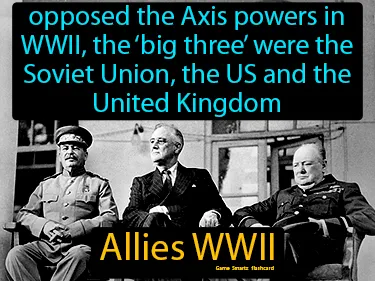
Opposed the Axis powers in WWII, the big three were the Soviet Union, the US, and the United Kingdom. Allies WWII were nations that united to fight against the Axis powers.
Anne Frank
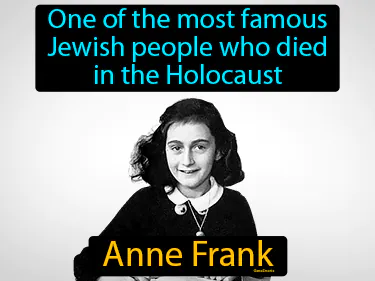
One of the most famous Jewish people who died in the Holocaust is Anne Frank. She was a young Jewish girl who wrote a diary while hiding from the Nazis during World War II.
Archduke Franz Ferdinand
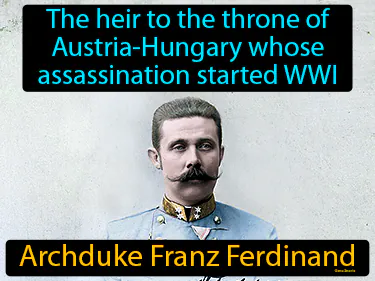
The heir to the throne of Austria-Hungary whose assassination started WWI. Archduke Franz Ferdinand. He was the heir to the Austro-Hungarian Empire whose assassination in 1914 sparked the beginning of World War I.
armistice
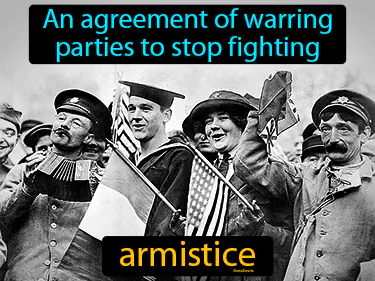
An agreement of warring parties to stop fighting. Armistice. In History, an armistice is a formal agreement to halt hostilities between conflicting sides, like the one that ended World War I on November 11, 1918.
arms race
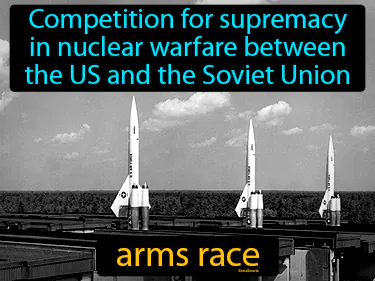
Competition for supremacy in nuclear warfare between the US and the Soviet Union. Arms race. An arms race is when countries compete to build more powerful weapons than each other.
Axis powers
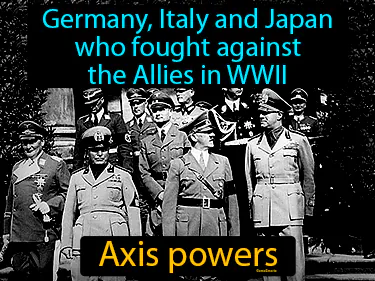
Germany, Italy and Japan who fought against the Allies in WWII. Axis powers. The Axis powers were a group of countries led by Germany, Italy, and Japan that opposed the Allies during World War II.
Benito Mussolini
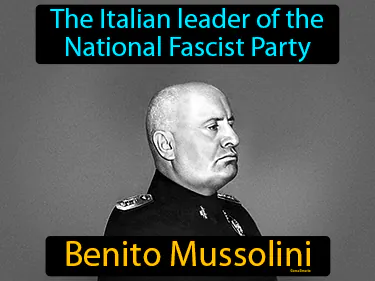
The Italian leader of the National Fascist Party Benito Mussolini. Mussolini was the dictator of Italy during World War II who founded and led the Fascist movement.
Berlin Airlift
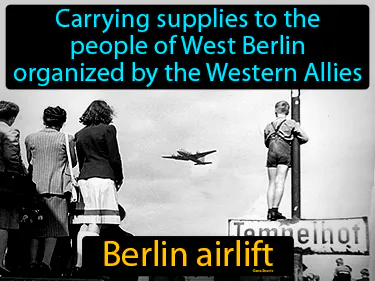
The carrying of supplies to the people of West Berlin by the Western Allies. Berlin Airlift. It was an operation where Western countries flew in food and goods to support West Berlin during a Soviet blockade in 1948-1949.
Berlin Wall
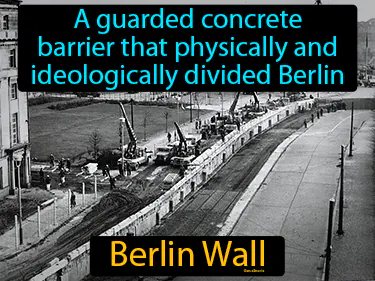
A guarded concrete barrier that physically and ideologically divided Berlin. Berlin Wall. The Berlin Wall was a structure built in 1961 that separated East and West Berlin, symbolizing the Cold War divide between communism and democracy until its fall in 1989.
Bolshevik
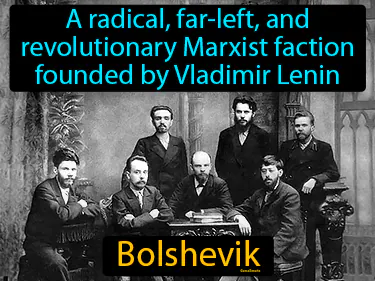
A radical, far-left, and revolutionary Marxist faction founded by Vladimir Lenin. Bolshevik. The Bolsheviks were a group that led the Russian Revolution in 1917 and established a communist government.
Boris Yeltsin
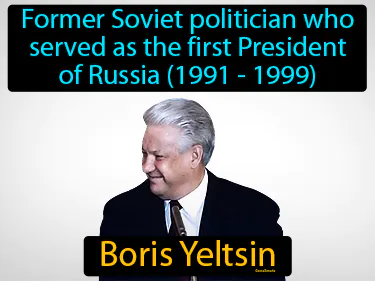
Former Soviet politician who served as the first President of Russia 1991 - 1999. Boris Yeltsin. Yeltsin was the leader who transitioned Russia from communism to a market economy and democracy after the Soviet Union's collapse.
Central Powers
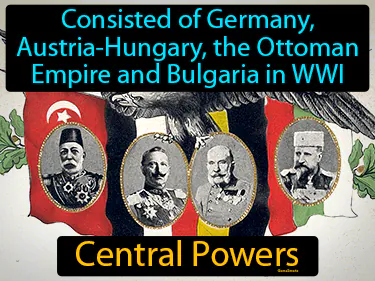
Consisted of Germany, Austria-Hungary, the Ottoman Empire, and Bulgaria in WWI. Central Powers. The Central Powers were the countries allied against the Allies in World War I.
Chiang Kai-shek
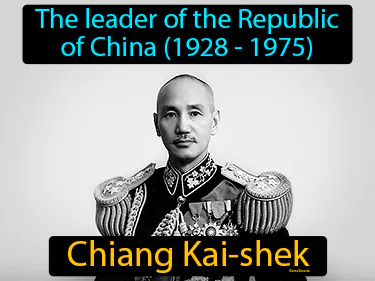
The leader of the Republic of China 1928 - 1975 was Chiang Kai-shek. He was a military and political leader who fought both the Japanese invasion and the Chinese communists during his time in power.
Cold War
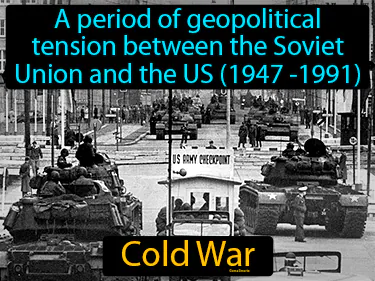
A period of geopolitical tension between the Soviet Union and the US 1947-1991. Cold War. It was a time when the two superpowers competed for global influence without direct military conflict.
collective farm
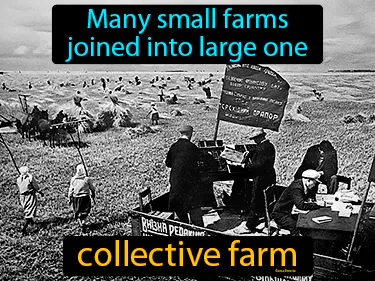
Many small farms joined into one large one. Collective farm. A collective farm is a type of agricultural production where multiple smaller farms are combined and operated together, commonly found in Soviet history.
command economy
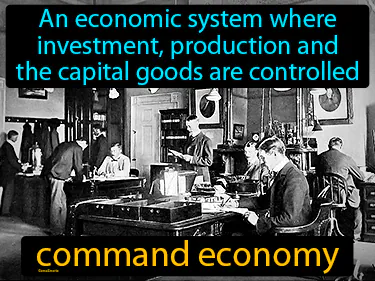
An economic system where investment, production, and the capital goods are controlled. Command economy. In history, this is when the government makes all the economic decisions and controls resources, like in the Soviet Union.
commune
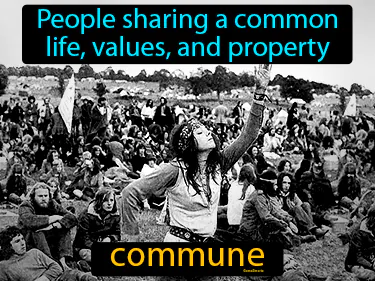
People sharing a common life, values, and property. Commune. In History, a commune is a community where people live together, sharing resources and responsibilities equally.
communism
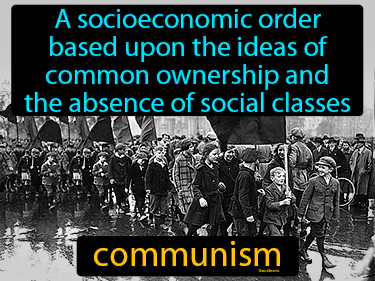
A socioeconomic order based upon the ideas of common ownership and the absence of social classes. Communism. In history, communism is a system where the government controls all property and aims to eliminate social classes.
concentration camp
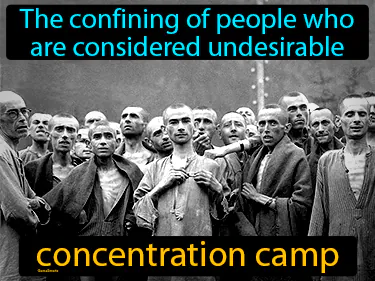
The confining of people who are considered undesirable. Concentration camps were places where large groups of people, often during wars or political conflicts, were held under harsh conditions.
Cultural Revolution
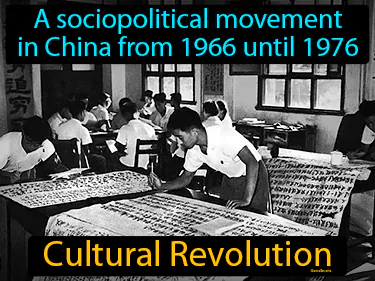
A sociopolitical movement in China from 1966 until 1976. Cultural Revolution. It was a period when Mao Zedong aimed to enforce communism by removing capitalist, traditional, and cultural elements from society.
Duma
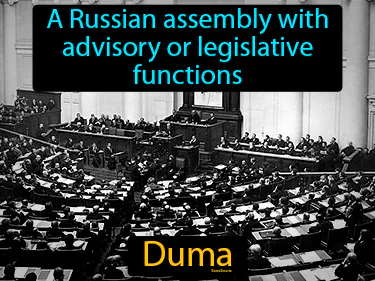
A Russian assembly with advisory or legislative functions. Duma. In history, the Duma refers to the elected legislative body in Russia, which played a crucial role in the country's political system, notably from the early 20th century under the Tsarist regime to the present day.
Dwight D Eisenhower
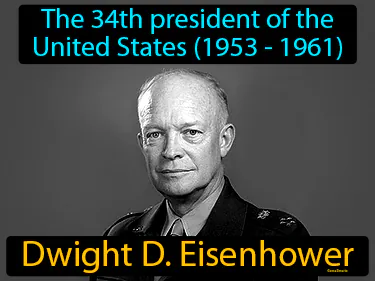
The 34th president of the United States 1953 - 1961, Dwight D Eisenhower. He was a former World War II general who led the nation during the early Cold War period.
fascism
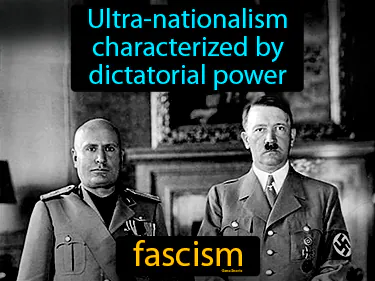
Ultra-nationalism characterized by dictatorial power. Fascism. In simple terms, fascism is a political ideology that promotes authoritarian leadership and prioritizes the nation or race above individual rights.
Fidel Castro
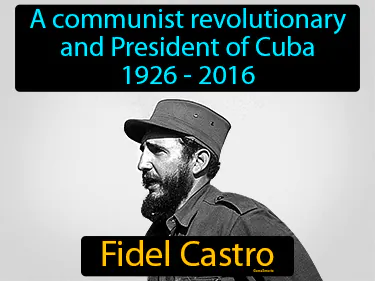
A communist revolutionary and President of Cuba 1926 - 2016. Fidel Castro. Fidel Castro was a leader who established a communist government in Cuba after overthrowing its previous regime in 1959.
Franklin D Roosevelt
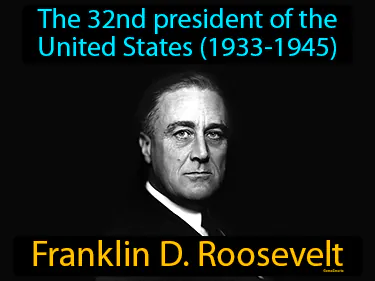
The 32nd president of the United States 1933-1945 Franklin D. Roosevelt. He led the U.S. during the Great Depression and World War II.
front
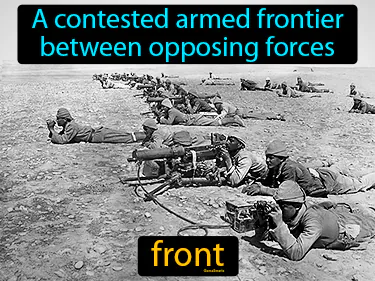
A contested armed frontier between opposing forces. Front. In history, a front is the area where two opposing armies meet and engage in conflict.
Holocaust
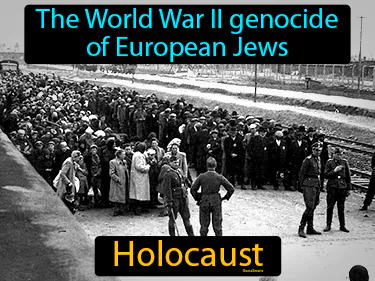
The World War II genocide of European Jews. Holocaust. The Holocaust was the systematic, state-sponsored persecution and murder of six million Jews by the Nazi regime and its collaborators during World War II.
iron curtain
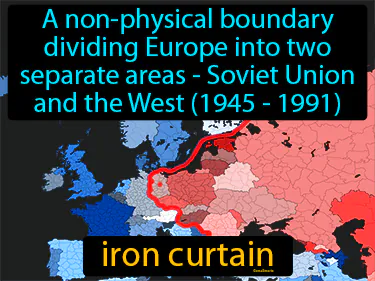
A non-physical boundary dividing Europe into two separate areas - Soviet Union and the West 1945 - 1991. Iron curtain. The iron curtain was a symbolic division between communist Eastern Europe and the democratic Western Europe during the Cold War.
John F Kennedy

The 35th president of the US 1961 - 1963. John F Kennedy. He was a significant leader during the Cold War and is remembered for the Cuban Missile Crisis and promoting the space race.
Joseph Stalin
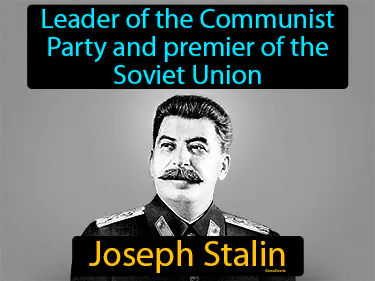
Leader of the Communist Party and premier of the Soviet Union, Joseph Stalin. Joseph Stalin was the dictator of the Soviet Union from the mid-1920s until his death in 1953, known for his totalitarian rule and industrialization policies.
League of Nations
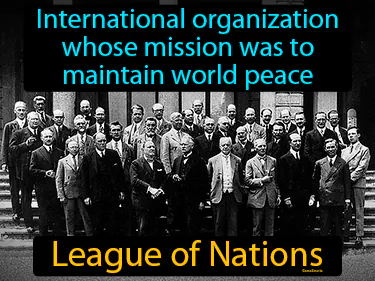
International organization whose mission was to maintain world peace. League of Nations. The League of Nations was the first global group formed after World War I to prevent future conflicts.
Long March
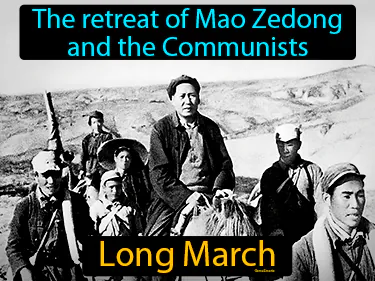
The retreat of Mao Zedong and the Communists. Long March. The Long March was a massive military retreat by the Chinese Communist forces to evade the Nationalist army from 1934 to 1935.
Mao Zedong
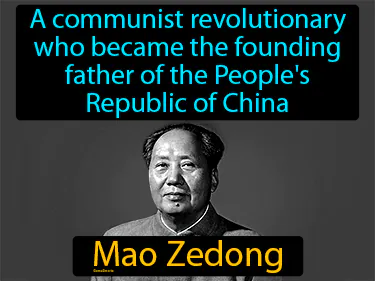
A communist revolutionary who became the founding father of the People's Republic of China. Mao Zedong. He was a leader who transformed China into a communist state in 1949.
Mikhail Gorbachev
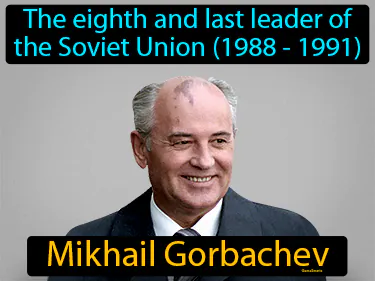
The eighth and last leader of the Soviet Union 1988 - 1991, Mikhail Gorbachev. He is known for introducing reforms like glasnost and perestroika, which eventually led to the end of the USSR.
NATO
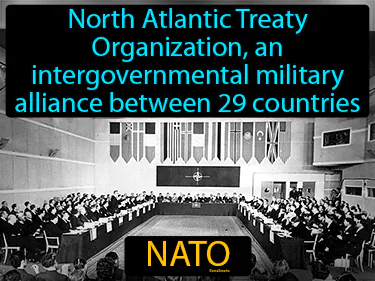
North Atlantic Treaty Organization, an intergovernmental military alliance between 29 countries. NATO. NATO is a military alliance formed in 1949 to ensure mutual defense against aggression after World War II.
Nazi
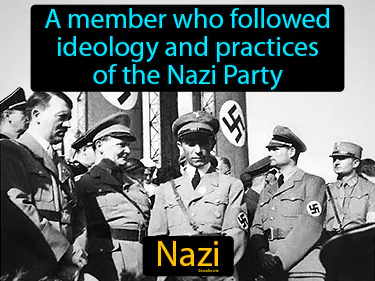
A member who followed ideology and practices of the Nazi Party. Nazi. The Nazis were a political group led by Adolf Hitler in Germany, responsible for World War II and the Holocaust.
neutral
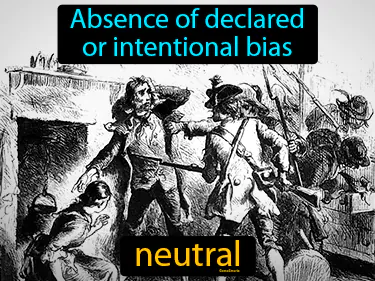
Absence of declared or intentional bias. Neutral. In History, neutral means not taking sides in conflicts or disputes.
Nicholas II
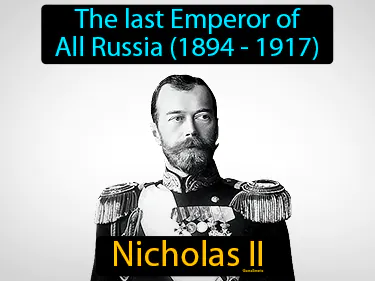
The last Emperor of All Russia 1894 - 1917, Nicholas II. He was the final ruler of the Romanov dynasty, whose reign ended with the Russian Revolution.
Nikita Khrushchev
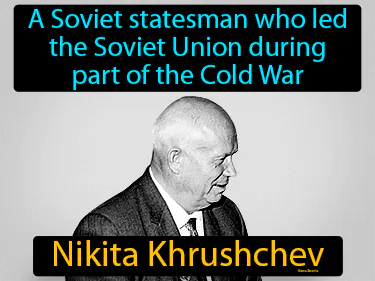
A Soviet statesman who led the Soviet Union during part of the Cold War. Nikita Khrushchev. He was a leader known for de-escalating tensions with the West while pursuing domestic reforms.
Raoul Wallenberg
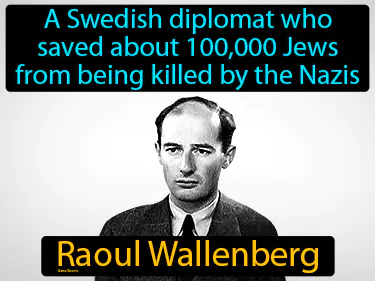
A Swedish diplomat who saved about 100,000 Jews from being killed by the Nazis. Raoul Wallenberg. He is a hero of World War II known for his efforts to protect Hungarian Jews from the Holocaust.
soviet
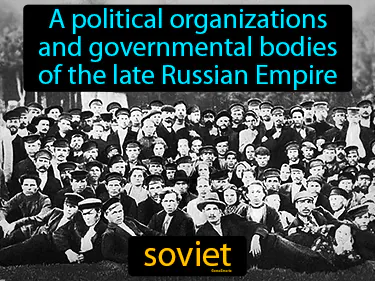
A political organization and governmental bodies of the late Russian Empire. Soviet. In history, a "soviet" refers to a council of workers' and soldiers' deputies in Russia, which became a key form of government after the 1917 Russian Revolution.
Sun Yixian
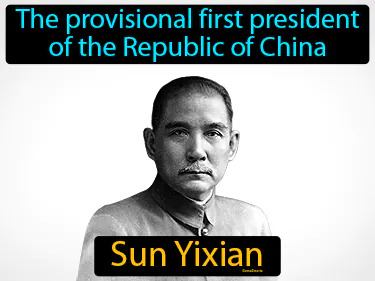
The provisional first president of the Republic of China. Sun Yixian. Sun Yixian, also known as Sun Yat-sen, was a key figure in overthrowing the Qing Dynasty and establishing the Republic of China.
totalitarianism
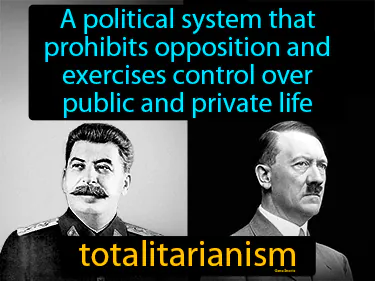
A political system that prohibits opposition and exercises control over public and private life. Totalitarianism. In history, totalitarianism is when a government has complete control over everything in a country and allows no opposition.
Treaty of Versailles
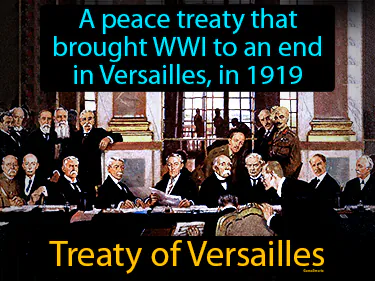
A peace treaty that brought WWI to an end in Versailles, in 1919. Treaty of Versailles. The Treaty of Versailles was an agreement that officially ended World War I by setting the terms for peace and imposing penalties on Germany.
tsar
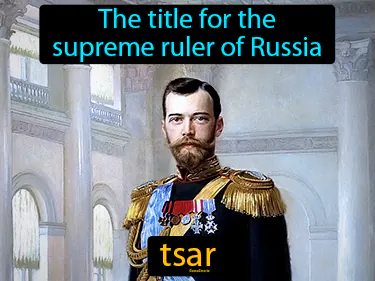
The title for the supreme ruler of Russia. Tsar. In History, a tsar was the emperor of Russia who had absolute power over the country.
Vladimir Lenin
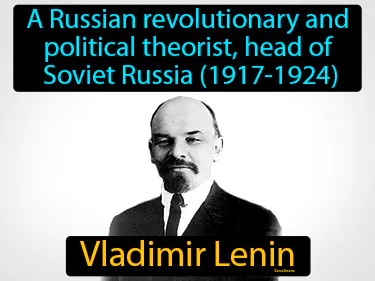
A Russian revolutionary and political theorist, head of Soviet Russia 1917-1924. Vladimir Lenin. Lenin was the leader who established communist rule in Russia after the 1917 Revolution.
warlord
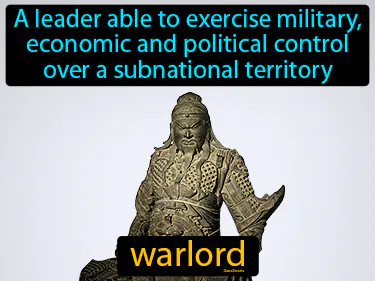
A leader able to exercise military, economic, and political control over a subnational territory. Warlord. Historically, a warlord is someone who commands their own private army and governs through force in a specific region, often during times of governmental collapse or instability.
Warsaw Pact
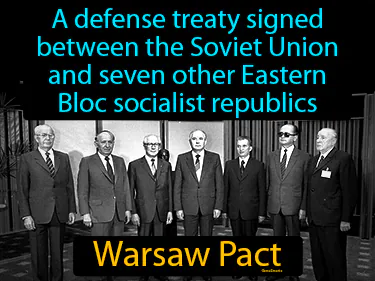
A defense treaty signed between the Soviet Union and seven other Eastern Bloc socialist republics. Warsaw Pact. It was an alliance formed in 1955 to counterbalance NATO during the Cold War.
Winston Churchill

The prime minister of the UK 1940-1945, who led Britain to victory in WWII. Winston Churchill. Winston Churchill was a British leader who guided the country through World War II.
Woodrow Wilson
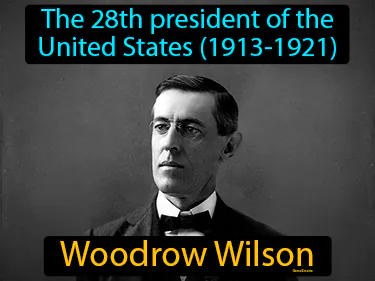
The 28th president of the United States 1913-1921. Woodrow Wilson. He is known for leading the U.S. during World War I and advocating for the League of Nations.
World War I
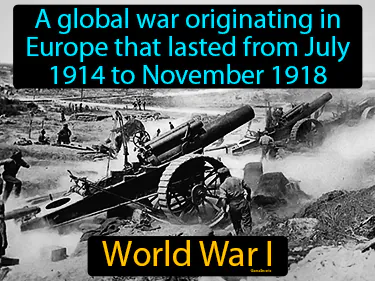
A global war originating in Europe that lasted from July 1914 to November 1918. World War I. It was a major conflict involving many countries that reshaped borders and societies.